Following US House Speaker Nancy Pelosi’s visit to Taipei 10 days ago, which angered China and led to PLA military drills, the government made its first statement to avoid unilateral actions that could change the status quo.
The statement did not explicitly mention the One-China policy but emphasized that the government’s relevant policies are well-known, consistent, and do not need to be reiterated.
In response to inquiries about India’s talks with NATO, Ministry of External Affairs spokesperson Arindam Bagchi stated that India and NATO have been in contact in Brussels at various levels for some time. This is part of India’s engagement with different stakeholders on global issues of mutual interest.
Reports revealed that New Delhi held its first political dialogue with NATO in Brussels on December 12, 2019, attended by senior officials from the Ministry of External Affairs and the Ministry of Defence.
Regarding the Taiwan issue, Bagchi expressed India’s concern over recent developments and urged all parties to exercise restraint, avoid unilateral actions to change the status quo, de-escalate tensions, and work towards peace and stability in the region.
India’s stance on the One-China policy remains the same, as the country does not have formal diplomatic relations with Taiwan in adherence to this policy.
Without specifically naming China, New Delhi criticized Beijing’s decision to block the proposal to designate Pakistan-based Abdul Rauf Asghar as a global terrorist as unfortunate.
Abdul Rauf Asghar, the brother of Jaish-e-Mohammed chief Masood Azhar and deputy chief of the proscribed terror group, has been involved in various terrorist attacks. India and the US have already proscribed him under their laws, making the technical hold on his listing proposal unjustified.
India reiterated its commitment to bringing terrorists like Abdul Rauf to justice through the UNSC 1267 Sanctions Regime.
Regarding the Chinese Foreign Ministry’s comments on Sri Lanka’s decision to defer the arrival of a Chinese military vessel, the MEA spokesperson rejected any insinuation about India pressuring Sri Lanka. He emphasized Sri Lanka’s sovereignty in making independent decisions and highlighted India’s support for the country’s democracy, stability, and economic recovery.
On India-China relations, Bagchi emphasized the importance of mutual respect, sensitivity, and interests as the foundation for developing ties. He also noted that every country has the sovereign right to address its security concerns based on the prevailing regional situation, especially in border areas.
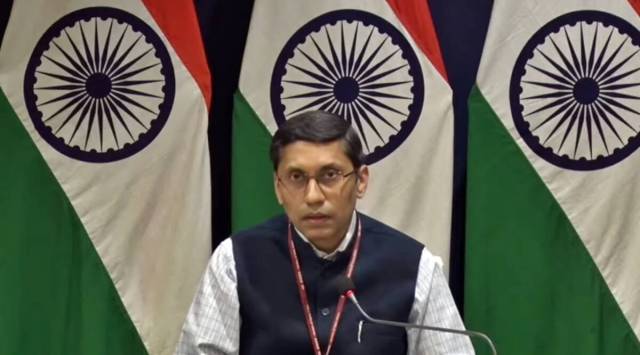


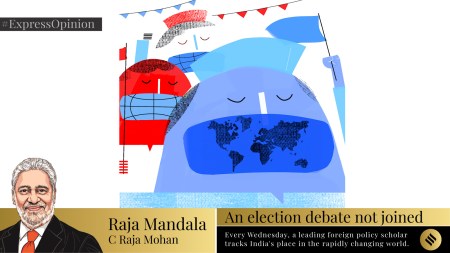
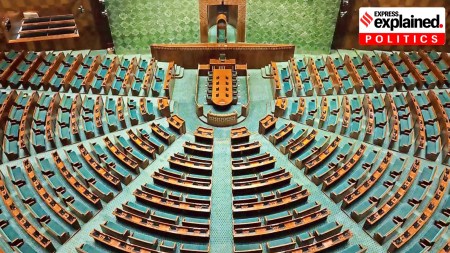
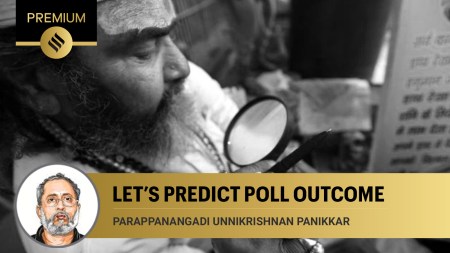

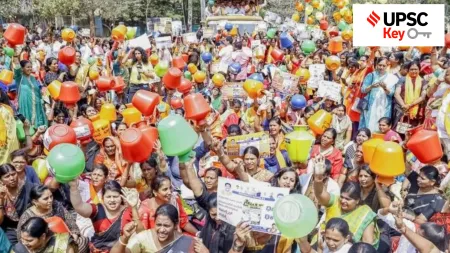

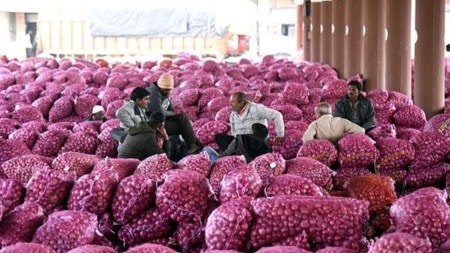

























+ There are no comments
Add yours